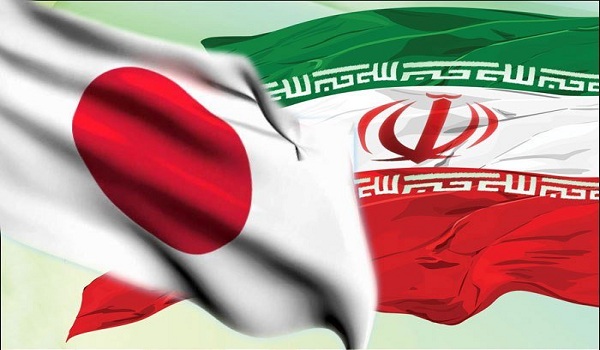A senior official of Japan International Cooperation Agency (JICA) announced that the country will not alter its supportive policies towards Iran after implementation of the US sanctions on November 4.
“JICA always supports development of mutual cooperation in the private sector and it will use its utmost efforts to return the Japanese companies to the Iranian market,” the head of JICA’s office in Iran.
He explained that JICA is an organization affiliated to the Japanese government, adding that the Japanese government supports Iran.
The official referred to the last month meeting between the Japanese prime minister and Iranian president, and said, “Despite sanctions, the Japanese government will not change its supportive policies towards Iran.”
The Japanese government started Official Development Assistance activities in Iran in 1957 and JICA officially established a Tehran office in 1974. In the almost 60 years of Japan’s assistance program, JICA has helped Iran implement many projects with government agencies and local officials, particularly in the field of environmental conservation.
The chief executive officer of JICA in Iran said in September that general policy of the Japanese government and Japan International Cooperation Agency is to strengthen economic relations between Iran and Japan.
Addressing the fourth Joint Coordinating Committee meeting held at Qeshm Island, Hiroyuki Tanaka added that JICA’s comprehensive plan was launched in Qeshm in 2015 to create conditions for the development of the island based on the participation of local communities, along with ensuring environmental protection.
He underlined that the Japanese government intends to promote the stable development of Iranian economy by sharing experiences and undertaking joint cooperation programs.
Tanaka noted that Qeshm Island has a unique ecosystem and rich natural resources, the preservation and protection of which can attract more tourists to Iran and bring about economic prosperity.
Tanaka said the comprehensive plan is approaching its final stages, which does not mean the end of cooperation, therefore the Free Zone Organization of Qeshm should continue to implement pilot projects and maintain its regulatory role.
TEHRAN
R.S

